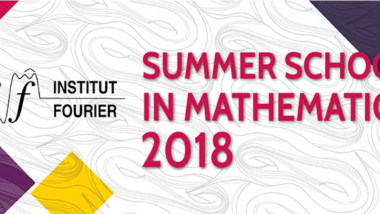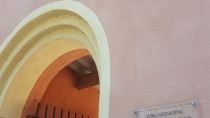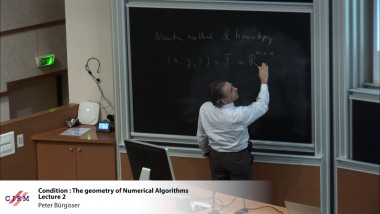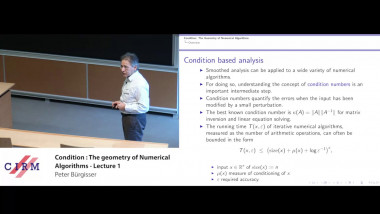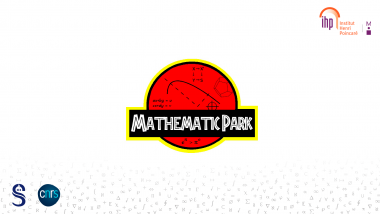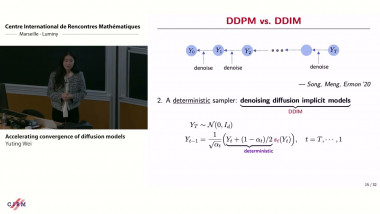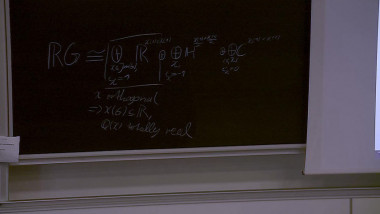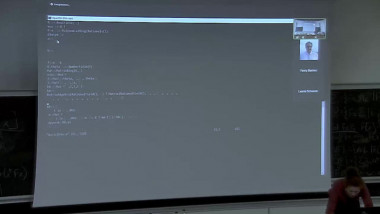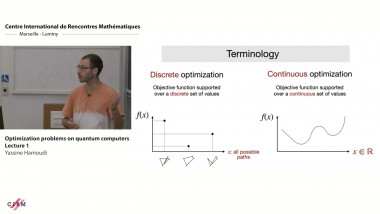Condition: the geometry of numerical algorithms - Lecture 1
Apparaît également dans la collection : Exposés de recherche
The performance of numerical algorithms, both regarding stability and complexity, can be understood in a unified way in terms of condition numbers. This requires to identify the appropriate geometric settings and to characterize condition in geometric ways. A probabilistic analysis of numerical algorithms can be reduced to a corresponding analysis of condition numbers, which leads to fascinating problems of geometric probability and integral geometry. The most well known example is Smale's 17th problem, which asks to find a solution of a given system of n complex homogeneous polynomial equations in $n$ + 1 unknowns. This problem can be solved in average (and even smoothed) polynomial time. In the course we will explain the concepts necessary to state and solve Smale's 17th problem. We also show how these ideas lead to new numerical algorithms for computing eigenpairs of matrices that provably run in average polynomial time. Making these algorithms more efficient or adapting them to structured settings are challenging and rewarding research problems. We intend to address some of these issues at the end of the course.

